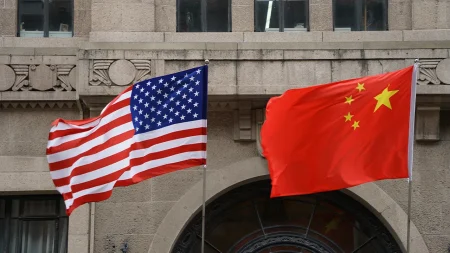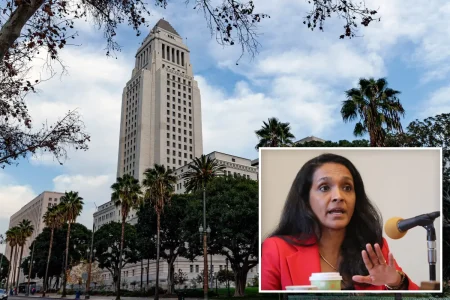The Long Ordeal of Elizabeth Tsurkov
Elizabeth Tsurkov, a dual citizen of Israel and Russia, endured a harrowing captivity lasting over two years at the hands of Kataib Hezbollah, a hardline Iraqi militia with strong ties to Iran. Her prolonged detention represents one of many human stories caught in the complex web of Middle Eastern geopolitics, where civilians often become pawns in larger power struggles between nations and non-state actors. As a researcher and academic, Tsurkov’s work had taken her throughout the region, but what began as scholarly fieldwork transformed into a nightmare of isolation and uncertainty that stretched across more than 24 months.
The circumstances of Tsurkov’s capture highlight the dangers faced by researchers and journalists working in politically volatile regions. Kataib Hezbollah, designated as a terrorist organization by several countries including the United States, operates with considerable autonomy within Iraq while maintaining significant connections to Iran’s Revolutionary Guard. This militia, formed during the power vacuum following the 2003 Iraq War, has evolved from an insurgent group fighting coalition forces to a powerful political and military entity with reach beyond Iraq’s borders. Tsurkov’s detention exemplifies the group’s willingness to target civilians with perceived connections to adversarial nations, particularly Israel, in service of their broader ideological and strategic objectives.
Throughout her captivity, diplomatic efforts to secure Tsurkov’s release faced numerous obstacles, including the absence of formal relations between Israel and Iraq, the complex nature of Kataib Hezbollah’s semi-autonomous status within Iraq, and the broader tensions between Iran and Western powers. Family members, colleagues, and human rights organizations worked tirelessly to keep her case in the public eye, organizing campaigns and appealing to international bodies to pressure all involved parties. The psychological toll on Tsurkov’s loved ones was immense as they navigated the uncertainty of her condition and the frustrating complexities of negotiating with non-state actors who operate outside international norms regarding the treatment of detainees.
The ordeal raises important questions about the protection of academics and researchers in conflict zones. Tsurkov, whose expertise on Middle Eastern politics and society had been valued by academic institutions and policy centers, represents countless scholars whose pursuit of knowledge places them in vulnerable positions. International legal frameworks theoretically offer protections for civilians in conflict zones, but these protections break down when dealing with militant groups that reject such conventions. Her case underscores the growing risks faced by researchers, particularly those with complex national identities or connections to countries involved in regional conflicts, and the limited options available to help them when traditional diplomatic channels prove ineffective.
Tsurkov’s captivity also illustrates the human cost of geopolitical tensions. Behind the headlines about proxy conflicts, regional power struggles, and sectarian divisions are individual lives disrupted and traumatized. For more than two years, Tsurkov was denied her freedom, separated from family and friends, and forced to endure conditions that likely violated numerous human rights standards. The psychological impact of such prolonged isolation and uncertainty typically leaves lasting scars, even after physical freedom is restored. Her experience draws attention to the hundreds of other hostages and political prisoners currently held by various groups throughout the Middle East, many of whose names and stories never reach international headlines.
The involvement of Kataib Hezbollah in Tsurkov’s detention reflects the complex reality of modern conflicts, where the lines between political actors, military forces, and militant groups often blur. Such organizations operate in gray zones of international law and diplomacy, making resolution of hostage situations extraordinarily difficult. As regional tensions between Iran and its allies on one side, and Israel and the United States on the other, continue to simmer, civilians like Tsurkov remain at risk of being caught in the crossfire or used as bargaining chips. Her case serves as a stark reminder of the human dimension of geopolitical conflicts and the urgent need for more effective international mechanisms to protect researchers, journalists, aid workers, and other non-combatants working in volatile regions.







